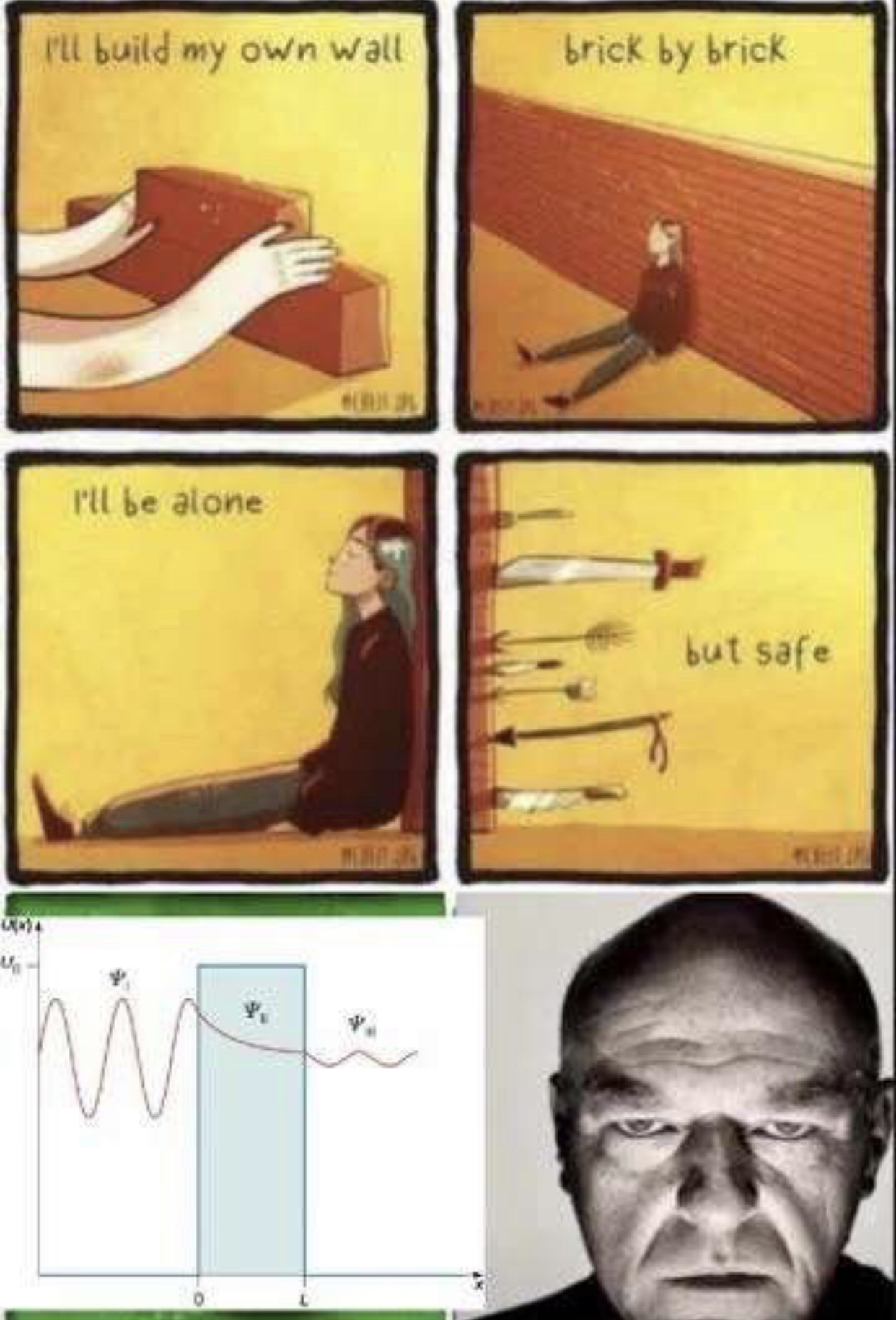this post was submitted on 14 Jul 2024
275 points (95.7% liked)
Science Memes
10940 readers
1845 users here now
Welcome to c/science_memes @ Mander.xyz!
A place for majestic STEMLORD peacocking, as well as memes about the realities of working in a lab.

Rules
- Don't throw mud. Behave like an intellectual and remember the human.
- Keep it rooted (on topic).
- No spam.
- Infographics welcome, get schooled.
This is a science community. We use the Dawkins definition of meme.
Research Committee
Other Mander Communities
Science and Research
Biology and Life Sciences
- [email protected]
- [email protected]
- [email protected]
- [email protected]
- [email protected]
- [email protected]
- [email protected]
- [email protected]
- [email protected]
- [email protected]
- [email protected]
- [email protected]
- [email protected]
- [email protected]
- [email protected]
- [email protected]
- [email protected]
- [email protected]
- [email protected]
- [email protected]
- [email protected]
- [email protected]
- [email protected]
- [email protected]
- !reptiles and [email protected]
Physical Sciences
- [email protected]
- [email protected]
- [email protected]
- [email protected]
- [email protected]
- [email protected]
- [email protected]
- [email protected]
- [email protected]
Humanities and Social Sciences
Practical and Applied Sciences
- !exercise-and [email protected]
- [email protected]
- !self [email protected]
- [email protected]
- [email protected]
- [email protected]
Memes
Miscellaneous
founded 2 years ago
MODERATORS
you are viewing a single comment's thread
view the rest of the comments
view the rest of the comments

I think this is quantum mechanics. Ψ(x) is the wave function of some quantum object (like an electron) as a function of (1 dimensional) space, U(x) is the potential as a function of space. Ψ(x) is a generalization of the state of a particle (a vector in a real space) for quantum mechanics (to a complex function). The squared magnitude of Ψ(x) can be interpreted (with suitable normalization) as a probability that the object will be measured to be located at x. The plot here actually shows the real component of the wave function; in general, it is complex, and it is complex in this situation.
Classically, if something is on the left side of the barrier created by U(x), it shouldn't be able to cross to the other side at all without being supplied external energy. Intuitively, imagine that I roll a literal ball to the right. You would expect it to bounce back at you. However, in quantum mechanics, it totally can appear on the other side of the barrier. Why? Based on the graph, the wave function has some nonzero magnitude on the right side of the barrier.
So this meme implies that some of the swords are going to appear on the other side of the wall.